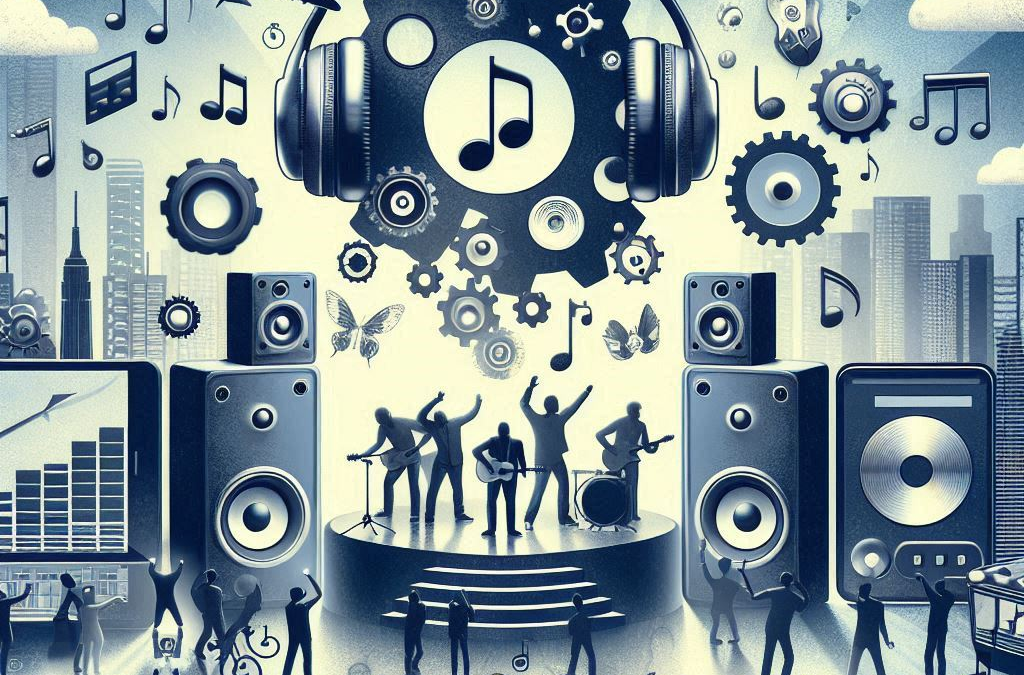In the past decade, the music industry has undergone a significant transformation. The advent of streaming services has revolutionized the way we consume music, leading to profound impacts on artists, record labels, and listeners alike.
The Rise of Streaming Services
Streaming services have become the primary method of music consumption for many listeners. Platforms like Spotify, Apple Music, and Tidal offer vast libraries of songs, albums, and playlists at the touch of a button. This shift from physical media and digital downloads to streaming has had several notable impacts:
- Accessibility and Discovery: Streaming platforms provide users with access to millions of songs from around the world. This has made music more accessible than ever before and has also facilitated the discovery of new artists and genres.
- Monetization and Revenue: Streaming services have introduced a new revenue model for the music industry. Artists are paid based on the number of streams their songs receive. While this has been beneficial for some, it has also been criticized for the low payouts to artists, especially independent and emerging ones.
- Data and Personalization: Streaming platforms collect vast amounts of data on listener behavior. This data is used to personalize music recommendations, creating a more tailored listening experience. It also provides valuable insights for artists and record labels about listener preferences and trends.
The Impact on Artists and Record Labels
The shift to streaming has had mixed effects on artists and record labels:
- Artist Exposure: Streaming platforms have made it easier for artists to reach a global audience without the need for a major record label deal. This has been particularly beneficial for independent artists and those in niche genres.
- Revenue Challenges: The pay-per-stream model has been a point of contention. Many artists argue that the payouts are too low, making it difficult to earn a sustainable income from streaming alone. This has sparked ongoing debates about the fair distribution of streaming revenues.
- Changing Role of Record Labels: With artists able to distribute their music directly via streaming platforms, the role of record labels is changing. While they still offer valuable resources, some artists are choosing to remain independent.
The Listener Experience
Streaming has also transformed the listener experience:
- Personalized Listening: With algorithm-driven recommendations, listeners can discover new music tailored to their tastes. This has changed the way people discover and engage with music.
- Shift in Music Consumption: The ease of streaming has led to a shift in music consumption patterns. Listeners now have the ability to stream individual songs rather than purchasing entire albums.
- Access Over Ownership: Streaming services promote access over ownership. Listeners pay for access to a vast music library rather than owning individual songs or albums.
Streaming services have undeniably reshaped the music industry. While they present certain challenges, they also offer new opportunities for artists and listeners alike. As these platforms continue to evolve, so too will their impact on the music landscape.
